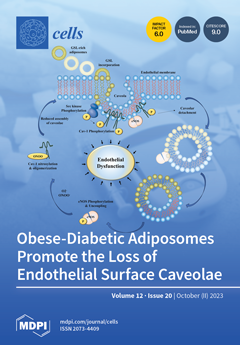
유전자편집 기술을 활용한 난치 질환 유도 마우스 모델 제작 및 표현형 분석
연구책임자 : 고려대학교 김경미 교수
Mitochondria are subcontractors dedicated to energy production within cells.
In human mitochondria, almost all mitochondrial proteins originate from the nucleus, except for 13 subunit proteins that make up the crucial system required to perform 'oxidative phosphorylation (OX PHOS)', which are expressed by the mitochondria's self-contained DNA.
Mitochondrial DNA (mtDNA) also encodes 2 rRNA and 22 tRNA species. Mitochondrial DNA replicates almost autonomously, independent of the nucleus, and its heredity follows a non-Mendelian pattern, exclusively passing from mother to children.
Numerous studies have identified mtDNA mutation-related genetic diseases.
The consequences of various types of mtDNA mutations, including insertions, deletions, and single base-pair mutations, are studied to reveal their relationship to mitochondrial diseases.
Most mitochondrial diseases exhibit fatal symptoms, leading to ongoing therapeutic research with diverse approaches such as stimulating the defective OXPHOS system, mitochondrial replacement, and allotropic expression of defective enzymes.
This review provides detailed information on two topics: (1) mitochondrial diseases caused by mtDNA mutations, and (2) the mechanisms of current treatments for mitochondrial diseases and clinical trials.
Cells 2023.12.












